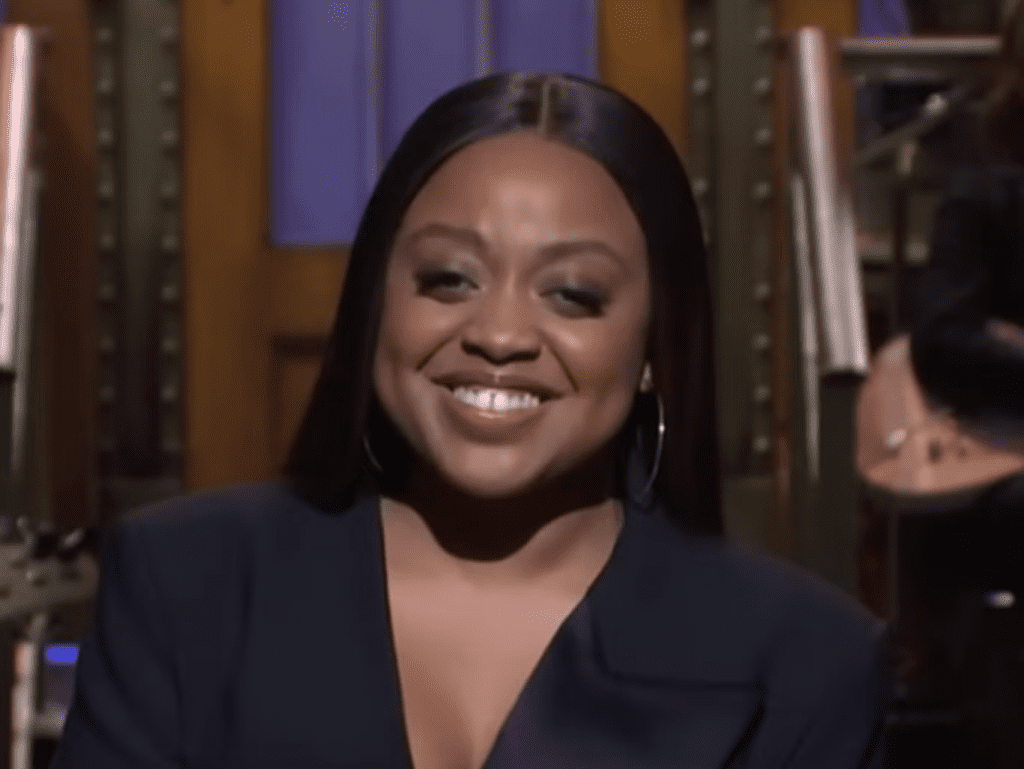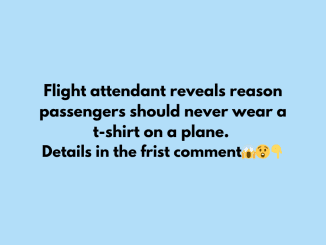Quinta Brunson, the Emmy-award-winning creator and star of the hit sitcom “Abbott Elementary,” recently took the stage on “Saturday Night Live” (SNL) and delivered a scathing critique of the classic 90s sitcom “Friends.” Brunson’s comments not only highlighted the long-standing lack of diversity in the beloved series but also reignited a broader conversation about representation in the entertainment industry.
In her opening monologue, Brunson playfully compared her own show, “Abbott Elementary,” to “Friends,” noting the key differences. “It’s a network sitcom like, say, ‘Friends,'” she said. “Except, instead of being about a group of friends, it’s about a group of teachers. Instead of New York, it’s in Philadelphia and instead of not having Black people, it does.”

The audience’s enthusiastic reaction to Brunson’s jab underscored the widespread sentiment that “Friends,” while a cultural phenomenon, failed to accurately reflect the diversity of the real world.
“Friends” has long been the subject of criticism for its lack of racial diversity, with the show featuring predominantly white characters and only a few recurring non-white actors in supporting roles. This criticism has only intensified in recent years, as audiences and industry professionals have become more vocal about the importance of representation in media.
In 2020, “Friends” co-creator Marta Kauffman acknowledged the show’s shortcomings, saying, “It took me a long time to begin to understand how I internalised systemic racism.” As a gesture of atonement, Kauffman donated $4 million to fund an endowed chair for the African and African American studies department at Brandeis University, her alma mater.
The “Friends” cast has also weighed in on the ongoing diversity debate. Lisa Kudrow, who played Phoebe, defended the show’s creators, stating that they “wrote about their lives after college” and had “no business writing stories about the experiences of being a person of colour.”

More recently, Jennifer Aniston, who portrayed Rachel, acknowledged that a “whole generation of kids” now find the show “offensive,” suggesting that a reboot or revisiting the series in a more inclusive manner may be necessary.
Brunson’s success with “Abbott Elementary” serves as a testament to the power of diverse storytelling. The show, which follows a group of teachers at a predominately Black school in Philadelphia, has been praised for its authentic representation and nuanced exploration of issues such as education inequity and systemic racism.
Brunson’s SNL appearance and her pointed critique of “Friends” highlight the progress that has been made in the industry, as well as the ongoing work that remains to be done to ensure that media representations accurately reflect the diversity of our society.
Quinta Brunson’s scathing yet humorous takedown of “Friends” on SNL has reignited a crucial conversation about diversity and representation in the entertainment industry. Her success with “Abbott Elementary” and her willingness to challenge the status quo serve as a powerful reminder that the time for diverse and inclusive storytelling is now.
As the industry continues to evolve, it is essential that we embrace the richness and complexity of our world, ensuring that the stories we tell truly reflect the diverse experiences of all people.


